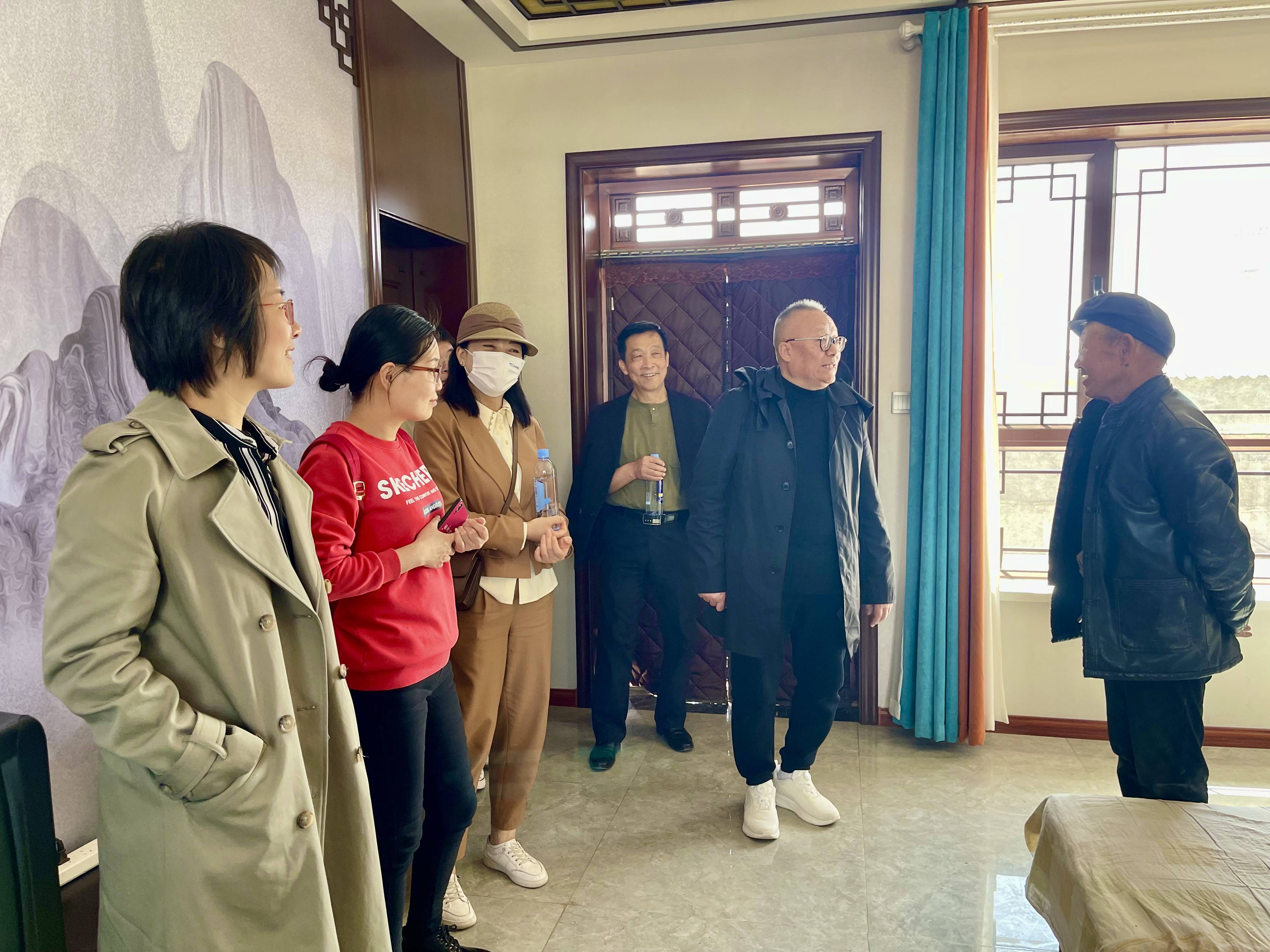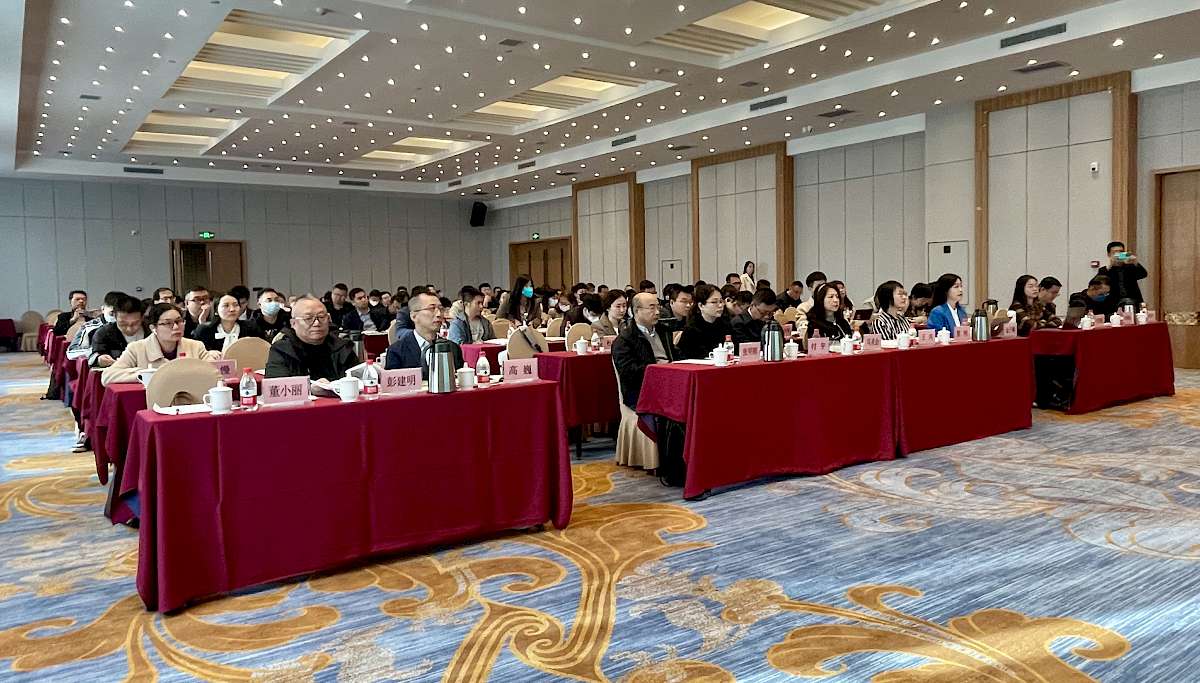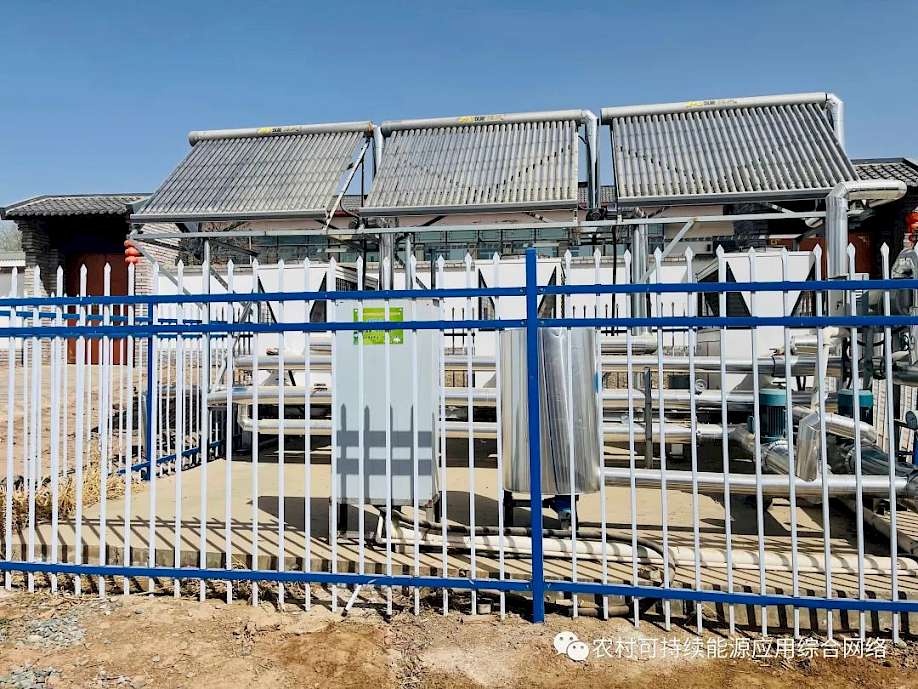
From March 27th to March 31st, the team from the EU funded SWITCH-Asia project Rurenergy: Promoting sustainable residential energy consumption in rural China completed their inaugural field trip to Henan and Gansu, two provinces that are the targets of this sustainable energy consumption project. Implemented by The Wuppertal Institute for Climate, Environment and Energy (WI), together with its local partners, Rurenergy promotes the adoption of cost-effective energy retrofitting solutions for rural households, integrating thermal performance improvement and sustainable renewable heating and cooking. The project is also invested in promoting energy efficient behaviour change among rural households in the provinces of Henan and Gansu.
During the trip, professional training sessions were conducted on technology solutions, business models, and policies for energy-efficient buildings and clean heating, with over 260 representatives from Shanxi and Henan local construction and heat supply companies, professionals, and village committees attending.


In addition to the training sessions, a series of stakeholder meetings were also held with local village leaders, construction authorities, and companies to better understand the barriers to implementing energy efficiency and clean heating in rural areas. During the meetings in Henan, the team gained valuable insights into the need for innovative business models and green financing to support energy retrofits of rural houses, as farmers have limited financing capacity. Village committee leaders also highlighted the lack of trust in renewable energy companies and agreed that reliable intermediaries, such as industrial associations, could serve as a bridge between farmers and companies to enhance trust.
In Gansu, the project team met the company implementing heat pump solutions for rural households and village leaders. While the implementation of technology has been smooth, challenges remain, such as high operational costs for heat pumps due to high electricity prices and potential unfair cost-sharing among farmers under the current area-based tariff system. However, bank stakeholders in Gansu expressed interest in developing green financing and are willing to explore pilots with viable business models that are guaranteed by the local government.
Visits to pilots in the two provinces that have received technical support from the project since last year have also been conducted. In one pilot, energy retrofitting was combined with solar roofing, while in the other, air-source heat pumps were installed. The team interviewed families to assess usability, costs, and thermal comfort.
Overall, the 5-day field trip was informative and will help the Rurenergy project to further adapt its designed business models and green financing products to scale up sustainable energy consumption in rural China.


